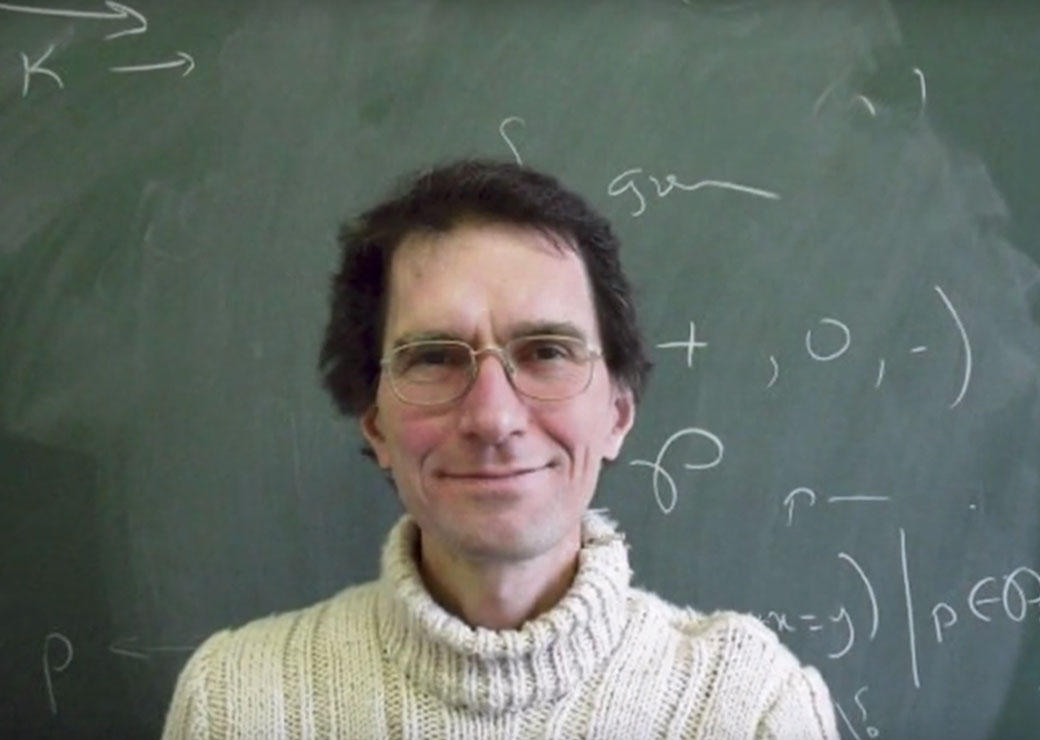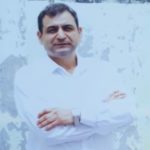Turkish mathematician Tuna Altınel, 55, employed at France’s Claude Bernard University, has been stranded in Istanbul since 2019 after Turkish authorities refused to return his passport, The Associated Press reported.
Altınel was detained when he arrived in Turkey for a holiday in the summer of 2019. He was charged with disseminating terrorist propaganda. The charges were based on a pro-Kurdish event that had taken place in France earlier that year at which Altınel had worked as an interpreter.
Altınel was acquitted of the charges in January 2020, but his passport was not returned and he discovered that the authorities had already launched new investigations into him.
Although supported by other academics in France who are campaigning for him on social media, Altınel said he feared being forgotten by French officials and “falling into oblivion.”
“I am a hostage of the Turkish state,” said Altınel, who had been living and working in France for the last 25 years before he was detained.
Altınel said he believed he was “punished by the state” for his commitment to human rights and the Kurdish political movement.
Altınel was one of 2,000 academics who signed the “We will not be party to this crime” petition in 2016. The petition aimed to draw attention to the conflict in southeastern Turkey, and condemned the Turkish government’s security operations against the outlawed Kurdistan Workers’ Party (PKK) in cities of southeastern Turkey because of the disastrous impact on the Kurdish civilian population.
The PKK is an armed secessionist group listed as a terrorist organization by Turkey, the European Union and the United States.
According to the International Crisis Group database, 307 civilians, 653 PKK militants and 219 minors of “unknown affiliation” were killed in the clashes between July 2015 and July 2016.
Turkish President Recep Tayyip Erdoğan responded to the petition with a harsh campaign vilifying the academics in at least five speeches – terming them vile, equal to terrorists, base and dark – and demanding sanctions against them.
Altınel was investigated for terrorist propaganda along with other signatories but was acquitted.
Altınel said he still joined demonstrations for causes he supports in Istanbul, and added he refused to self-censor.
“If I restrict myself, it would mean I accept that the state has won,” he said. “And I do not accept that.”
According to the the New York-based Scholars at Risk’s (SAR) academic freedom report “Free to Think 2020,” Turkey’s academic community has been severely paralyzed due to a government crackdown on scholars in the last four years.
“Turkey’s academic community is now severely paralyzed, while thousands of dismissed academics still await justice, facing lengthy delays in appealing their dismissals and unable to work in academia,” the SAR report said.
Source: Stockholm Center for Freedom (SCF)



